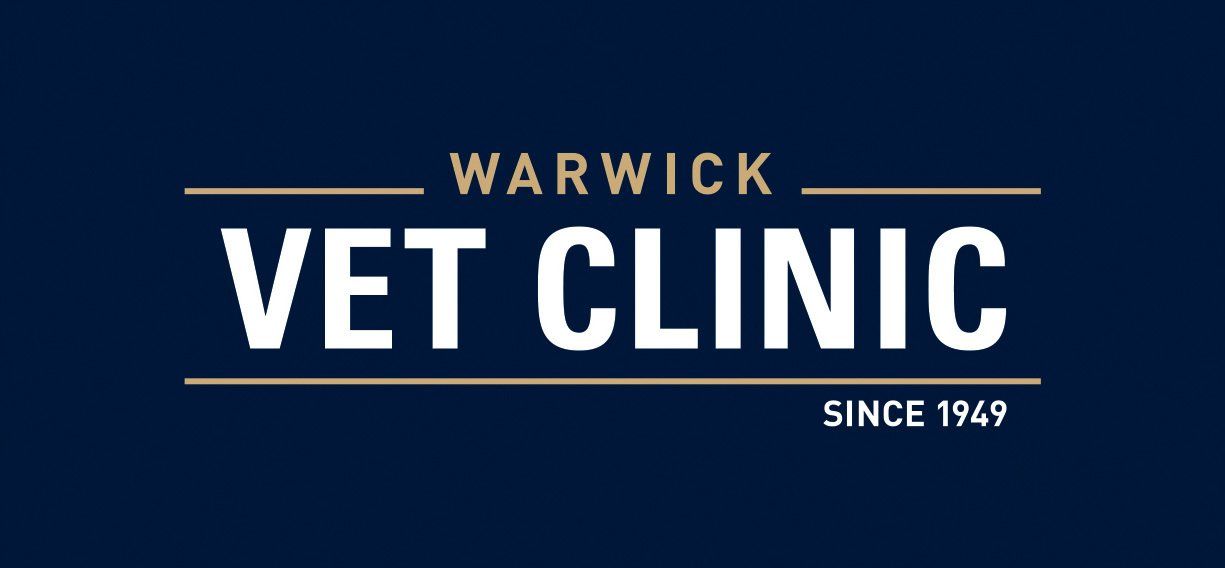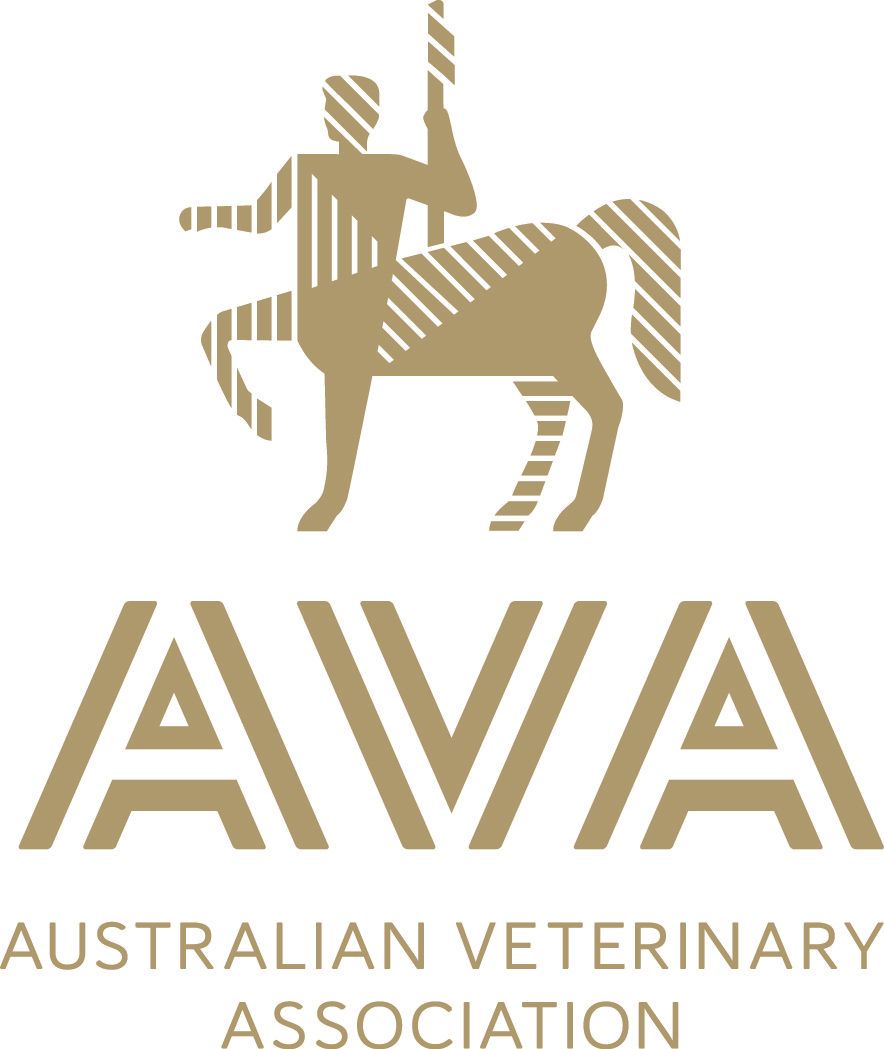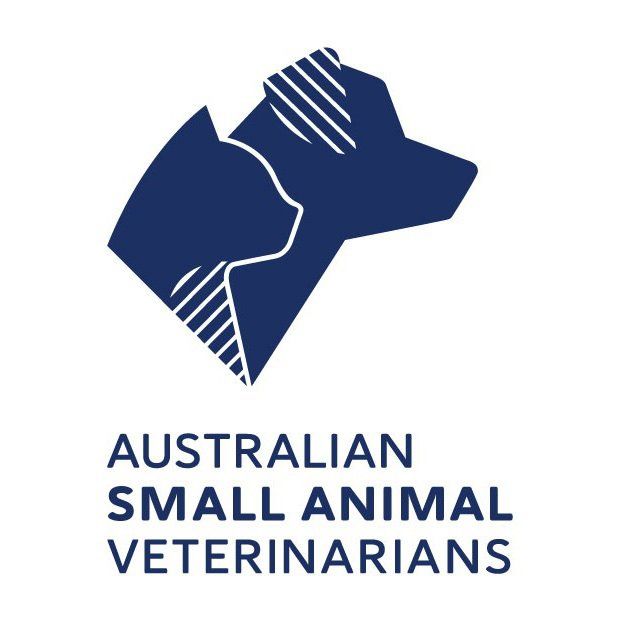NEW KITTEN
Congratulations on the arrival of your new furry family member.
The team at the Warwick Vet Clinic have put together a list of the necessary care your new kitten will require to keep them healthy and happy and ensure they are a part of your family for a long time to come.
WELLNESS FOR LIFE
Did you know pets age around seven times faster than you? Taking your cat to the veterinarian once a year is the same as a person seeing a doctor or dentist once every seven or eight years. That is why all cats need twice a year health and wellness check-ups. Wellness check-ups allow your veterinarian to detect, treat, and help prevent health-related problems early before they become painful and sometimes untreatable.
KITTEN NUTRITION
Getting the correct nutrition as a kitten is very important. It is highly recommended to feed your kitten a high quality, commercially available kitten or growth formula. We stock several varieties of premium quality cat foods at the Warwick Vet Clinic. Milk is unnecessary and can cause diarrhoea in kittens that are lactose intolerant. Clean water must be available at all times.
VACCINATIONS
To safeguard your pet from potentially serious and sometimes fatal diseases, we recommend you keep your cat up-to-date with their vaccinations.
Your kitten will require a course of three vaccinations:
- 6 - 8 weeks for first vaccination
- 10 - 12 weeks for second vaccination
- 14 - 16 weeks for third vaccine
One week after the 14-week vaccination your it is safe for your kitten to go outside and socialise with other cats. FIV Vaccination requires a course of 3 vaccinations which can be done at 10, 12 & 14 weeks of age, or later in life. Cats vaccinated for FIV after 6 months will require a blood test prior to vaccination.
Adult cats require an annual vaccination booster for life. We send out a friendly reminder when your cat's yearly vaccination is due.
Cats are vaccinated against:
WORMING AND HEARTWORM PREVENTION
Heartworm can affect cats and is spread by mosquitoes. Your kitten should commence heartworm prevention before 16 weeks of age with continual heartworm prevention needed for the lifetime of your pet.
The most common worms that affect cats in Australia are roundworm, hookworm, and tapeworm. Worms are a common cause of ill health in pets and can cause symptoms such as loss of appetite, vomiting, diarrhoea, and in severe cases even death. Kittens should be wormed at 2, 6, 8 and 12 weeks of age, then every 3 months for life with an all wormer for example, Drontal tablet for cats, Milbemax or Popantel.
FLEA CONTROL
Fleas are unfortunately an ever-present nuisance to our pets. If they exist in the environment they will find a way onto your cat's coat. Fleas can be prevented easily and effectively with a once a month topical solution. All pets in the household need to be treated. Kittens can be given a topical flea treatment as early as 6-8 weeks of age. Our Veterinary Healthcare team can provide you with more detailed information about effective flea control.
DE-SEXING
We strongly recommend de-sexing all cats, male and female, between 5 and 6 months of age. As well as reducing the number of unwanted pregnancies, de-sexing prevents pets from roaming, fighting, spraying, and night prowling. Once your cat has been de-sexed a tattoo, is placed in their left ear. This is a requirement to identify that your pet is de-sexed.
MICROCHIPPING
Microchipping is a permanent form of identification in the form of a tiny chip, which is implanted under the skin. Registration details are kept with Australian Animal Registry and can be updated by the owner if there is any change in owner details. We recommended to microchip at the time of de-sexing.
KITTEN SAFETY
Please remember for the safety and well-being of your cat and other wildlife, it is recommended to keep your cat indoors or in an enclosure after sunset. Your cat should also wear a collar or be microchipped to ensure that they are properly identified.









